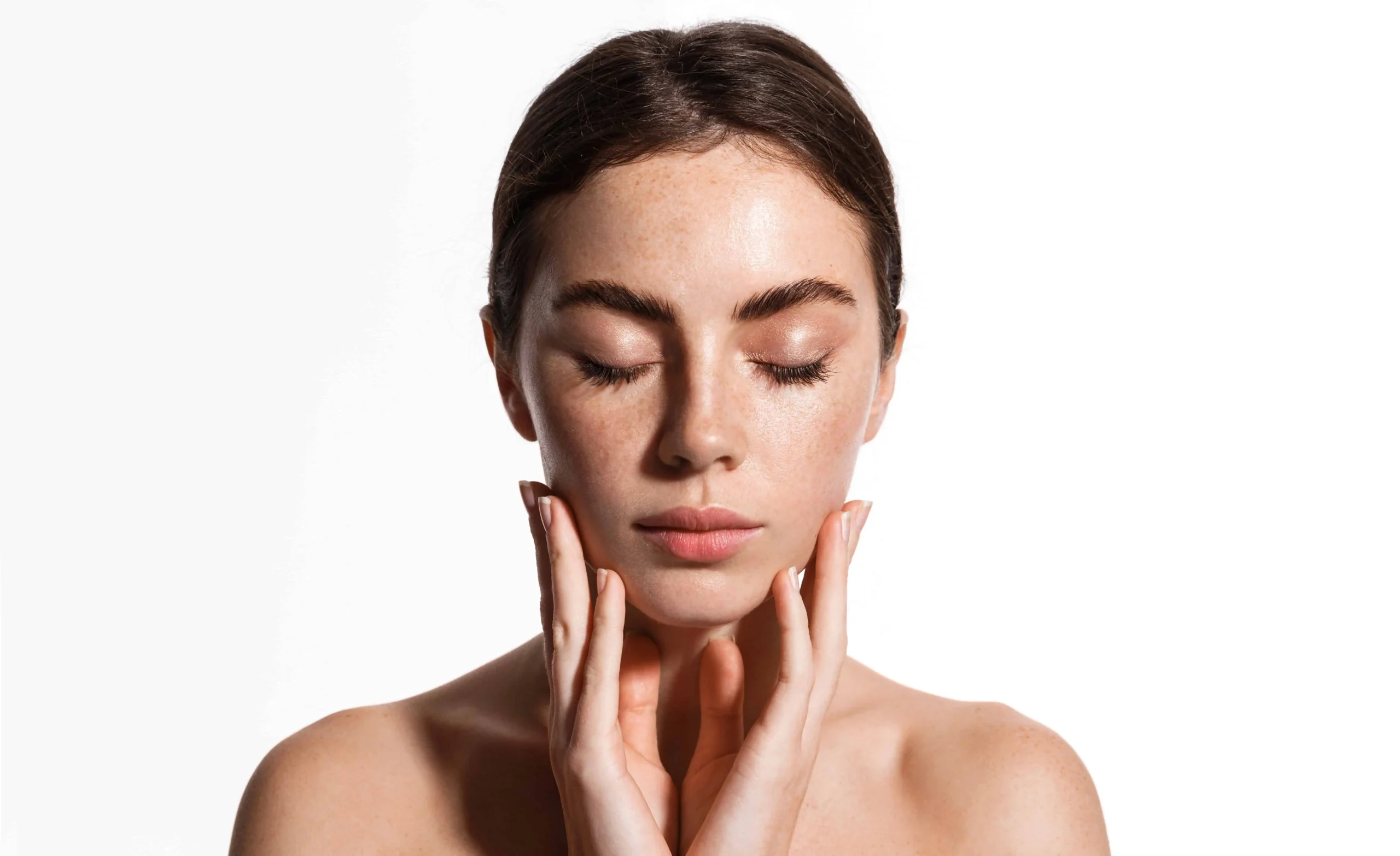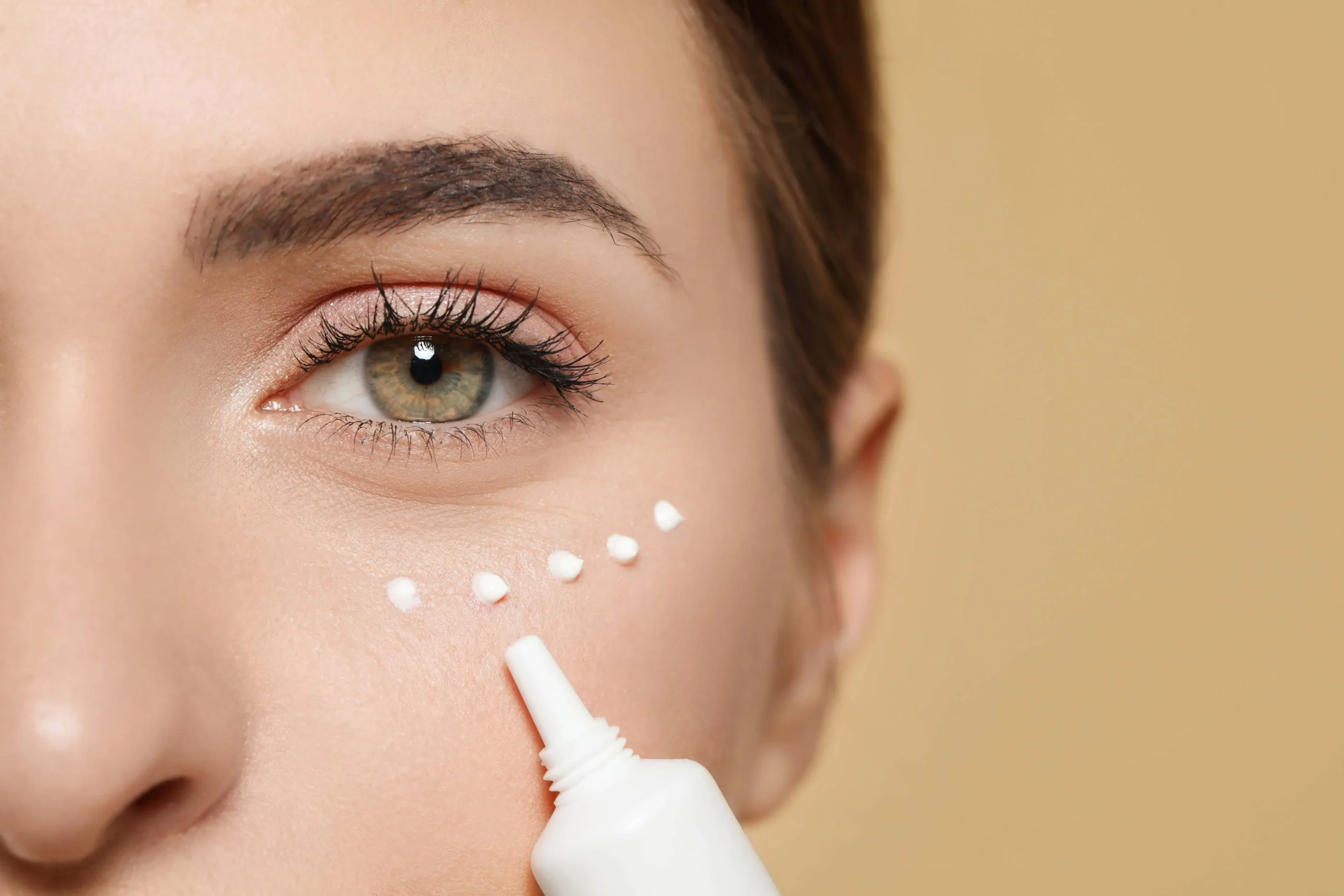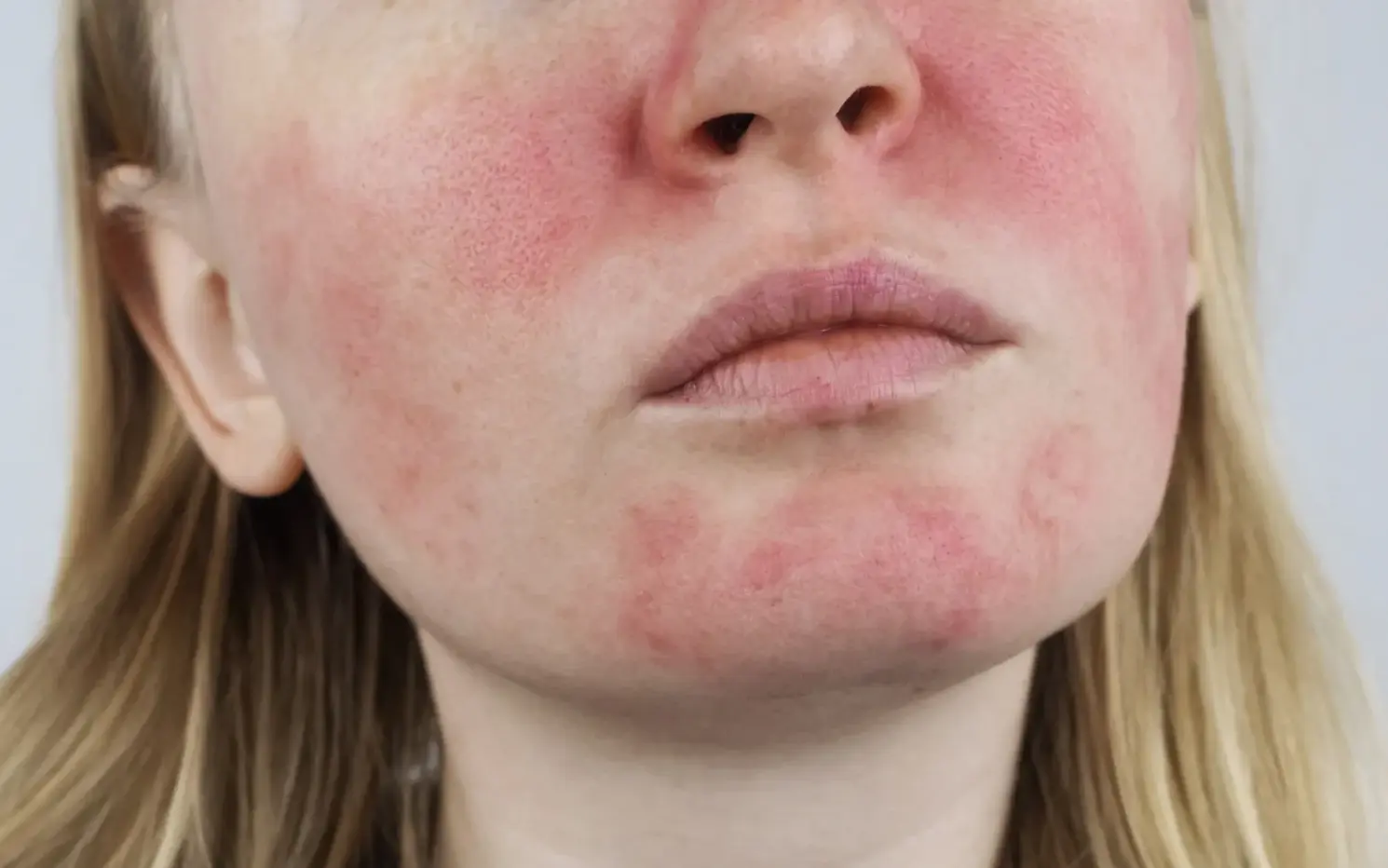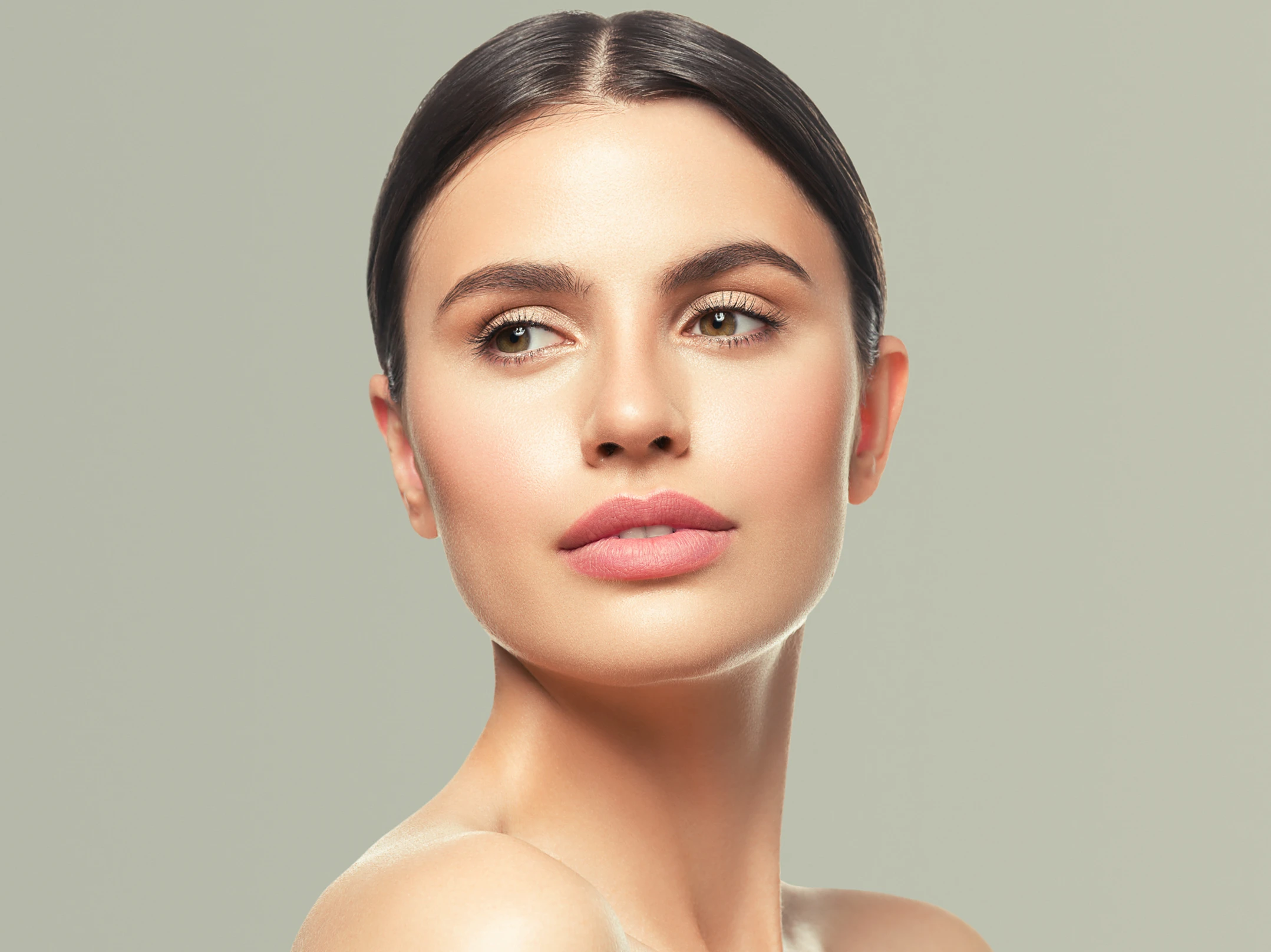In the ever-evolving world of skincare, the debate over preservatives is a recurring topic. With increasing consumer awareness and a growing trend towards “natural” and “organic” products, preservatives often find themselves in the spotlight. But what exactly are these substances, and are they truly harmful? Let’s delve into the truth about preservatives in skincare products.
What Are Preservatives?
Preservatives are added to skincare products to stop microbial growth, extend their shelf life, and keep the products safe and effective. They work by inhibiting the growth of bacteria, fungi, and mold that could otherwise contaminate the product. Without preservatives, skincare products would have a significantly shorter shelf life, making them prone to spoilage and potentially unsafe for use.
The Importance of Preservatives
- Safety and Hygiene: Preservatives play a crucial role in ensuring that skincare products remain safe and hygienic. They prevent the growth of harmful microorganisms that could cause skin infections or irritations.
- Extended Shelf Life: Preservatives help products stay effective for longer periods. This is particularly important for products that are used over several months, like moisturizers or serums.
- Product Stability: They help maintain the consistency and effectiveness of a product by preventing chemical changes or degradation over time.
Common Types of Preservatives
- Parabens: One of the most debated preservatives, parabens are used to prevent bacterial and fungal growth. They mimic estrogens in the body, leading to concerns about hormonal However, extensive research has not conclusively linked parabens to cancer or other health issues. Regulatory bodies like the FDA and the European Commission deem them safe in low concentrations.
- Phenoxyethanol: Often used as a paraben alternative, phenoxyethanol is effective against a broad spectrum of bacteria and While it is generally considered safe, some individuals with sensitive skin may experience irritation.
- Sodium Benzoate and Potassium Sorbate: These preservatives are commonly used in combination to inhibit the growth of bacteria and yeast. They are considered safe in low concentrations and are widely used in food and cosmetics.
- Ethylhexylglycerin: A multifunctional ingredient that acts as a preservative and a skin-conditioning agent. It is regarded as a safer substitute for traditional preservatives.
Are Preservatives Harmful?
The short answer is that, for most people, preservatives are not harmful when used within regulated limits. Extensive research and regulatory reviews have established safety guidelines for many common preservatives. However, individual sensitivities and allergies can occur. Some people may experience skin irritation or allergic reactions, but these are typically rare and can often be managed by choosing products with alternative preservatives or opting for formulations designed for sensitive skin.
Natural and “Preservative-Free” Products
The rise of natural and organic skincare has brought a focus on products labeled as “preservative-free.” These products often use alternative methods to ensure safety and extend shelf life, such as high concentrations of natural antioxidants or more stringent manufacturing processes. However, it’s important to note that even natural products require some form of preservation to prevent contamination. Some natural preservatives, like essential oils, can be effective but may also cause allergic reactions in sensitive individuals.
Making Informed Choices
When selecting skincare products, consider the following:
- Understand Your Skin Type: If you have sensitive skin or allergies, opt for products with gentle, well-researched preservatives or those specifically labeled for sensitive skin.
- Check Product Labels: Look for products with preservatives that are known to be safe and effective. Be cautious of vague claims like “all-natural” or “free from preservatives,” as they might not always mean safer or more effective.
- Consult Professionals: If you have concerns about preservatives, consider consulting a dermatologist or skincare professional. They can provide personalized advice based on your skin type and needs.
Conclusion
Preservatives in skincare products serve a vital role in ensuring product safety, effectiveness, and longevity. While some controversy exists, extensive research supports the safety of many commonly used preservatives when applied within regulated limits. Understanding the role of preservatives and making informed choices based on your individual skin needs can help you navigate the skincare market with confidence. Remember, the key to healthy skin is not just about avoiding certain ingredients but finding the right products that work for you.





